Tell us a little about yourself. Where are you from?
Good morning, my name is Simon Himbury and I’m from Cardiff in Wales. I am currently working as Head of Secondary at Grange School, Ikeja. Although my first degree was in Law, I also have post-graduate qualifications in Applied English, Management, teaching, and in the Management of Learning and Teaching. I have worked in independent and state-run schools, universities and in the language school sector.
For how long have you been in Nigeria and how have you found it so far?
I’ve been in Nigeria since late August 2022 and although it is often challenging, it is never dull. I have enjoyed trying new food, seeing new places and meeting new people from all walks of life and look forward to further broadening my knowledge of Nigeria and its people. My earliest impression of Nigeria is that its greatest asset is its people and their accompanying motivation to succeed.
Outside of the United Kingdom have you worked in other countries aside from Nigeria? If yes, how do they compare?
Outside of the U.K. I have worked in the United States, Japan and Ukraine. All three of these countries had more varied climates, with winters being cold, distinct spring and autumns and summers ranging from warm to hot. Traveling around those countries is also easier than in Nigeria, as it is usually possible to travel alone and go wherever you wish to go. However, I have not given up and still plan to visit other areas of Nigeria while I am here.
It is a general belief by Nigerians that though the country has not been doing too well, nevertheless, Nigerians are amongst the most brilliant, enterprising and diligent people on earth. Going by your experience with the average Nigerian and even your pupils, what would you say to that?
As I mentioned above, I believe Nigeria’s greatest asset is its people and the strong motivation that they have to succeed. Many of the families I have met whose children attend international schools are planning for their children to study abroad for sixth form, college and university. It is my hope that many of the young people who I help educate at Grange will return to Nigeria in the future to give back some of what they have learned in education and in employment secured abroad. One of the most enjoyable aspects to my role is welcoming back former Grangers, who are keen to share their experiences abroad with our current students and with our school.
How would you define education? And what really are its benefits? After all, several of the world’s wealthiest individuals either never attended university or dropped out before graduating.
Education is the acquisition and application of theoretical and practical knowledge. It is made up of formal education, informal education and non-formal education, all of which help students develop knowledge, awareness, skills and experience. I think we would all agree that reading, writing and performing arithmetic are fundamental and beneficial skills and these skills develop further as students progress through school and sometimes onto university and beyond. Students interested in following particular career paths need to understand and apply certain information, for example, knowledge of anatomy and physiology for doctors. And so one’s chosen profession often determines what one studies or has to study. Knowing how to read and write opens up a world of learning resources in newspapers, magazines, books, journals, articles, and a myriad of text and research found online. Not being able to read means that those resources are not so readily accessible. Finally, I agree that university doesn’t have to be mandatory for everyone to be happy or successful. However, time spent at university does provide time to access deeper levels of information and to reflect on how that information applies to our chosen field of study and to the wider world. And for some careers, graduating from university is a necessary part of achieving those goals.
Does Grange have any plans to open other branches in Lagos or outside of Lagos?
Our school motto is one of continuous improvement and in addition to continuing our programme of refurbishment of our main school, we have started building a brand-new boarding facility across the road from the school. We have also discussed the development of a post-16 provision which may bear fruit in future years after we finish the new boarding premises.
Do any low points come to mind when you cast your mind back to your school days?
I suppose my lowest point at school was not passing my German GCSE but although not a model foreign language student then, I am proud of still being able to speak Japanese well even though I left the country in 2002.
Any particularly funny moment that evokes laughter whenever you remember it?
Being part of the sixth form student team that put a sheep and turf in our Head of Sixth Form’s office, and telling Japanese listeners on a Japanese national radio station that British people eat humans for Christmas dinner rather than carrots. As a new speaker of the language I accidentally mixed up the words ningen (humans) and ninjin (carrots).
We all know that academics is great but what would you say most prepared you for life while you were a pupil or a student?
So as you said, academic subjects are great but all the other aspects of curricular and co-curricular or extra-curricular activities also prepare you for life. Getting to school teaches you to get up on time, walk or catch a bus to school and being responsible for arriving on time. Completing homework and revising teaches you how to plan your time and how to meet deadlines. Playing sports teaches you the importance of physical fitness, teamwork and communication. I also think that extra-curricular activities such as scouting, Duke of Edinburgh schemes, and voluntary work, work experience or part time work also helped prepare me for life.
At all the schools where you have taught, what has usually been your parting words to the graduates? Words of wisdom, as it were.
Remember that wherever you go, whoever you meet and whatever you do, you are representing yourself, your family, your hometown, and your country so make them all proud and be the best that you can be.
I just have to ask this. Do you miss home at all?
Of course, I miss my family and friends, but with apps such as Facetime and WhatsApp, I am able to stay in touch with people and to talk to them face to face. On a more humorous note, I miss being cold although powerful air conditioning can sometimes help and I miss the freedom to travel where I want. Finally, I do miss certain foods but a big part of living and working abroad is becoming acclimatized to new cultures and so I eat school lunches every day and am already a very big fan of jollof rice and jollof pasta.
Would you say your education made you? If yes, how?
As someone who was adopted soon after birth by a loving family, I am a firm believer that nurture is even more important than nature when making or developing people. Going to good primary and secondary schools with inspirational and committed teachers, attending a church with an excellent youth group, actively participating in the cubs, scouts and venture scouts, playing rugby with a good set of teammates and being able to go on to universities for under-graduate and post-graduate studies have all educated and nurtured me, provided an opportunity for me to grow in a caring and supportive way, and together with other co-curricular and extra-curricular experiences have made me the person that I am today.
____________________________ Simon Himbury is the new Head of Secondary at Grange School, Ikeja following two years as Head of School at the British International School Ukraine, Dnipro where he had to leave earlier than planned due to the Russian invasion. Experienced in teaching primary, secondary and university students, this is Simon's first post in Africa.’


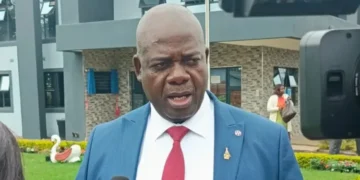
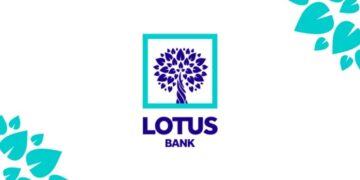
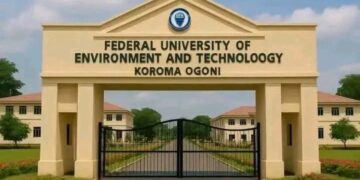



























































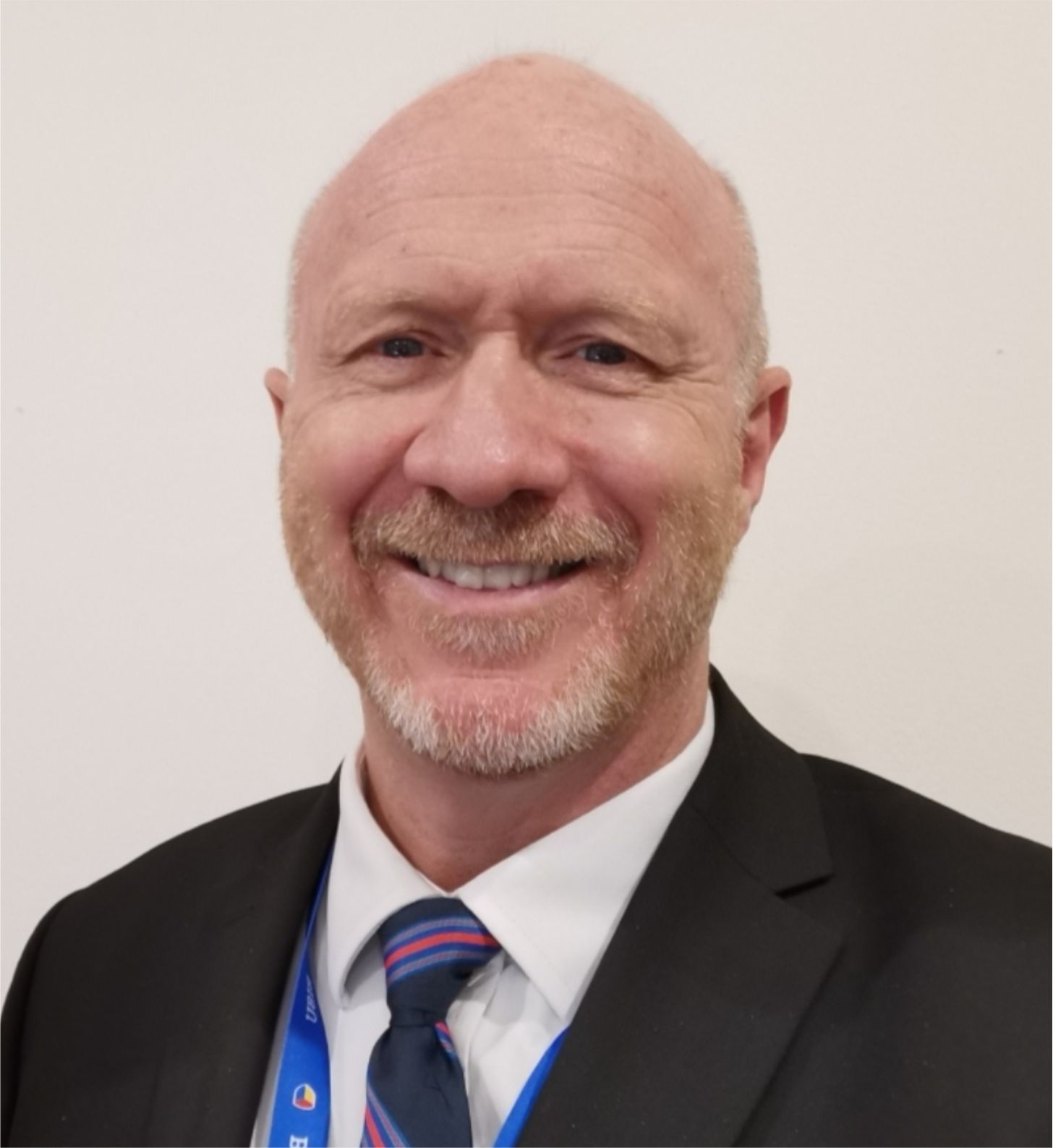


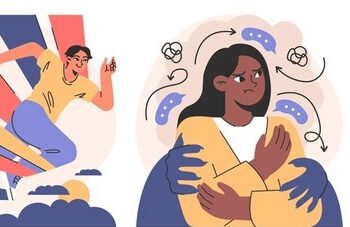



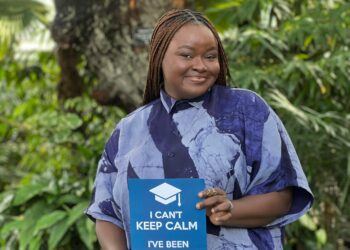
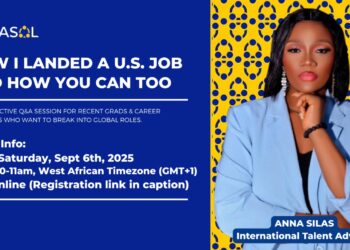










 EduTimes Africa, a product of Education Times Africa, is a magazine publication that aims to lend its support to close the yawning gap in Africa's educational development.
EduTimes Africa, a product of Education Times Africa, is a magazine publication that aims to lend its support to close the yawning gap in Africa's educational development.